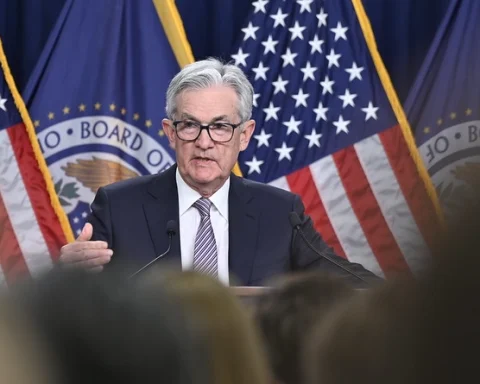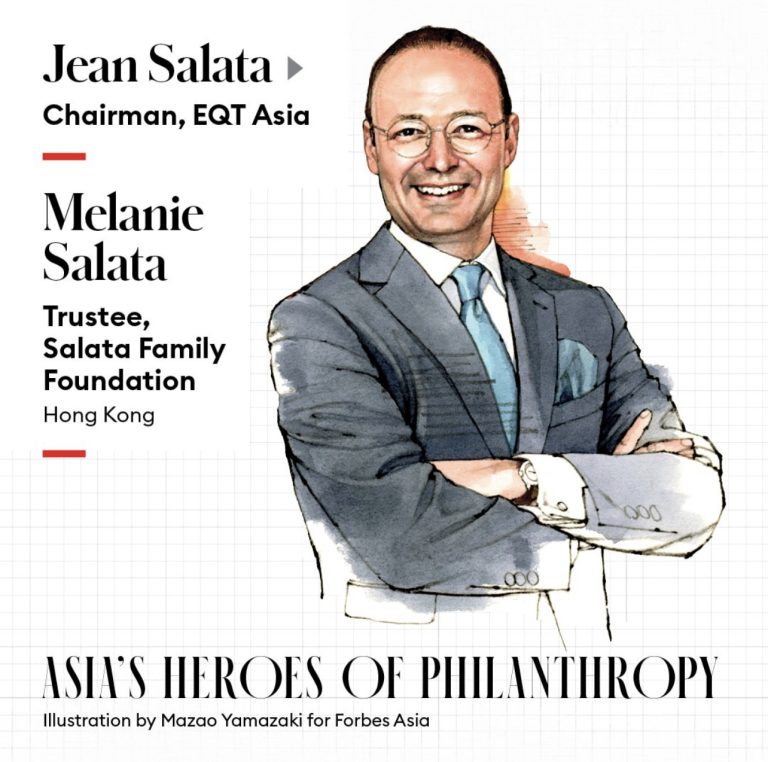Introduction
The alarming proliferation of fraudulent online advertisements promoting unregistered food, drug, and health products has raised serious concerns among policymakers and the public alike. Senator Jinggoy Estrada, recognizing the potential dangers posed by these deceptive practices, has taken a proactive stance by filing Senate Resolution 666. This resolution urges the Senate to conduct a thorough investigation into the deceptive use of popular personalities’ faces and names in the marketing of illegal products. The goal is to identify and address the existing loopholes in current laws and regulations, particularly in light of the pervasive use of social media platforms and the manipulation of images and videos to promote potentially harmful goods.
Protecting Consumer Health and Safety
Consumer health and safety should be paramount when it comes to the sale and distribution of food, drugs, and health products. The unregulated online marketplace has become a breeding ground for unscrupulous individuals who exploit the trust and popularity of celebrities to endorse unregistered and potentially dangerous products. This poses significant risks to unsuspecting consumers who may unknowingly purchase items that have not undergone proper testing, quality control, or approval from regulatory agencies. The Senate’s investigation seeks to shed light on these deceptive practices and implement measures to safeguard the public from the potential hazards associated with unregistered products.
Loopholes in Existing Laws and Regulations
The increasing use of social media platforms and cyberspace has created new challenges in regulating online commerce, particularly with regards to the promotion of food and health products. Traditional laws and regulations may not adequately address the complex nature of digital advertising and the ease with which false information can be disseminated. Senator Estrada’s resolution recognizes the urgent need to identify and close any loopholes in existing legislation and regulatory frameworks. By doing so, lawmakers can adapt to the evolving landscape of online marketing and ensure that appropriate safeguards are in place to protect consumers.
Manipulated Images, Spliced Videos, and Fabricated Statements
A concerning trend in online advertising involves the malicious manipulation of images, the creation of spliced videos, and the fabrication of statements to endorse unregistered food, drug, and health products. These deceptive tactics can mislead consumers and undermine their ability to make informed choices about the products they purchase. The Senate’s investigation will scrutinize these practices, aiming to raise awareness and propose effective measures to counteract the dissemination of false information.
Collaborative Solutions for Consumer Protection
The Senate probe into fake online ads for unregistered products serves as a reminder of the importance of collaboration among government agencies, regulatory bodies, and online platforms. Addressing this issue requires a collective effort to enforce existing laws and regulations, develop comprehensive guidelines for digital advertising, and enhance monitoring and enforcement mechanisms. By working together, policymakers and industry stakeholders can create an environment that prioritizes consumer safety and upholds ethical marketing practices.
Conclusion
Senator Jinggoy Estrada’s call for a Senate probe into fake online ads for unregistered food, drugs, and health products is a crucial step toward protecting consumers from potential harm. By addressing the deceptive use of celebrity endorsements and the manipulation of digital content, policymakers can strengthen existing laws and regulations to ensure the safety and well-being of the public. Through collaborative efforts between the government, regulatory bodies, and online platforms, a more transparent and responsible online marketplace can be established, fostering consumer trust and confidence in the products they purchase.
























